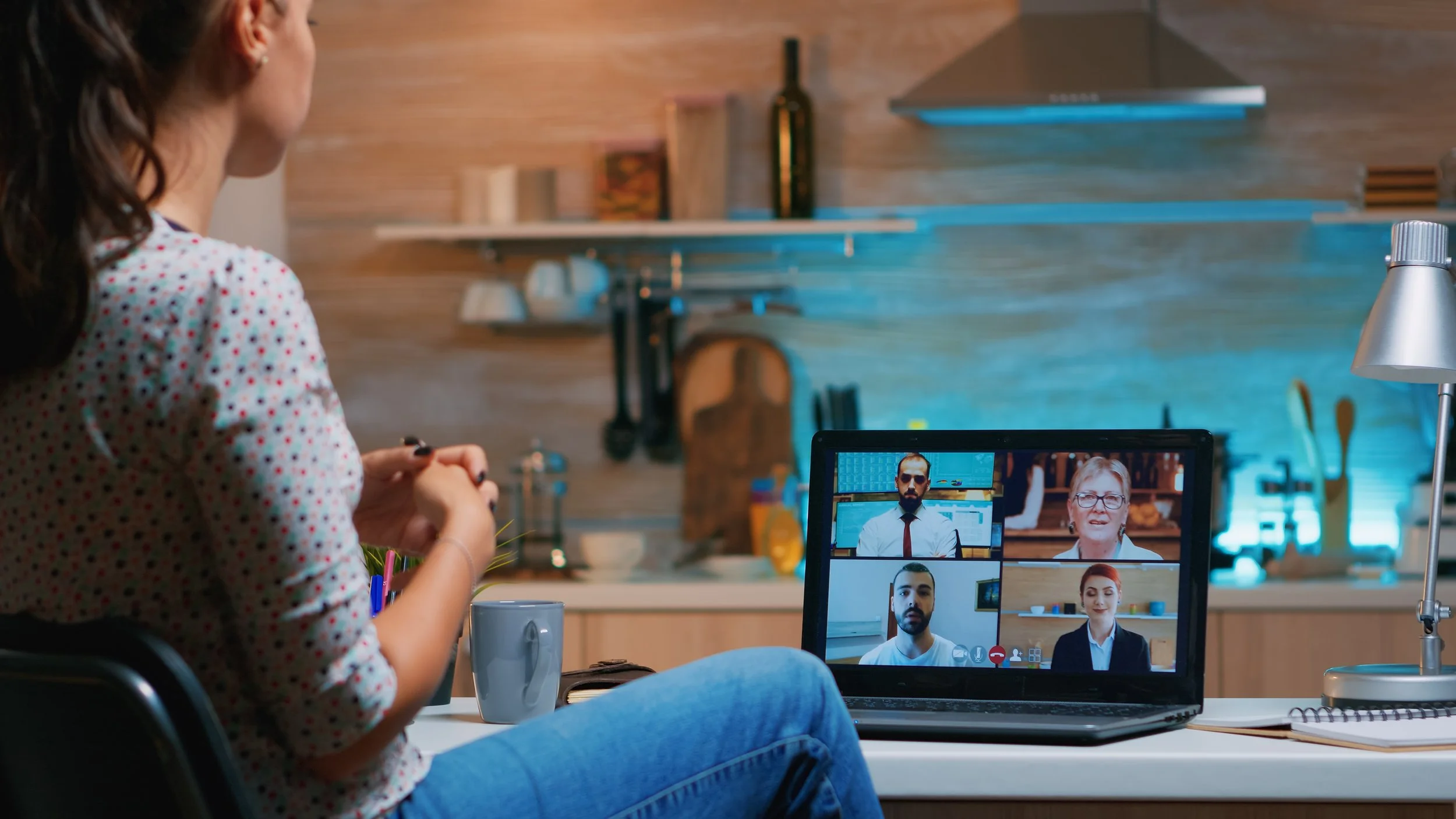Organization Spotlight: Safe Harbor, a podcast for parents and families of children with disabilities

For parents and other family members of children with disabilities, nothing is more comforting than the voice and wisdom of someone who’s been there—someone who truly understands the ups and downs of living alongside someone with a rare disease or rare disorder.
That’s why Theresa Bartolotta decided to offer a podcast. Theresa has a PhD and is a professor of Speech-Language Pathology. She’s also a mother to a young adult with Rett syndrome and co-author of the recently published Rett Syndrome Communication Guidelines. Through her personal life and work, she’s encountered hundreds of families—and one commonality is that they are all searching for stories and voices that validate their experiences.
The first episode of the Safe Harbor podcast launched in January 2022, and in it, Theresa shares her own story and inspiration behind starting the podcast. She explains, “With this podcast, I hope to create an inspired community where we share our stories, our joys, our challenges, and our possibilities.”
“This show enables parents to come together as a community to share, learn, and support each other on this complex path.”
Since then, the podcast episodes have tackled various topics including planning for the future, how to advocate for your child during an IEP meeting, travel tips, ways to connect with disability and rare disease communities, navigating cycles of grief and hope, and so much more. Theresa interviews parents and experts who offer insight and encouragement. As the podcast description says: “This show enables parents to come together as a community to share, learn, and support each other on this complex path.”
Recently, our Know Rare founders were featured guests on the Safe Harbor podcast. Theresa interviewed Nina and Jake Wachsman in Episode 12: “Connecting Individuals with Rare Disease to Clinical Trials.” In this episode, Nina and Jake discuss why they founded Know Rare, why it’s so important to lower the barriers for patients to find and enroll in clinical studies, and how building a community for rare diseases and sharing knowledge benefits everyone. They emphasize the common goal of empowering people to find better care for their rare diseases. Be sure to listen here.
Learn More:
To listen to the Safe Harbor podcast, click here or search for “Safe Harbor” on your favorite podcast platform.
You can also join the Safe Harbor Facebook group by clicking here.
To search for clinical trials, try Know Rare’s Study Finder.
Latest From Know Rare
Gina DeMillo Wagner is a professional writer based in Boulder, Colorado. Her work has appeared in The New York Times, Washington Post, Self, Outside, Modern Loss, Experience Life, and other publications. She's currently working on a memoir. You can follow her work on Instagram @ginadwagner






























